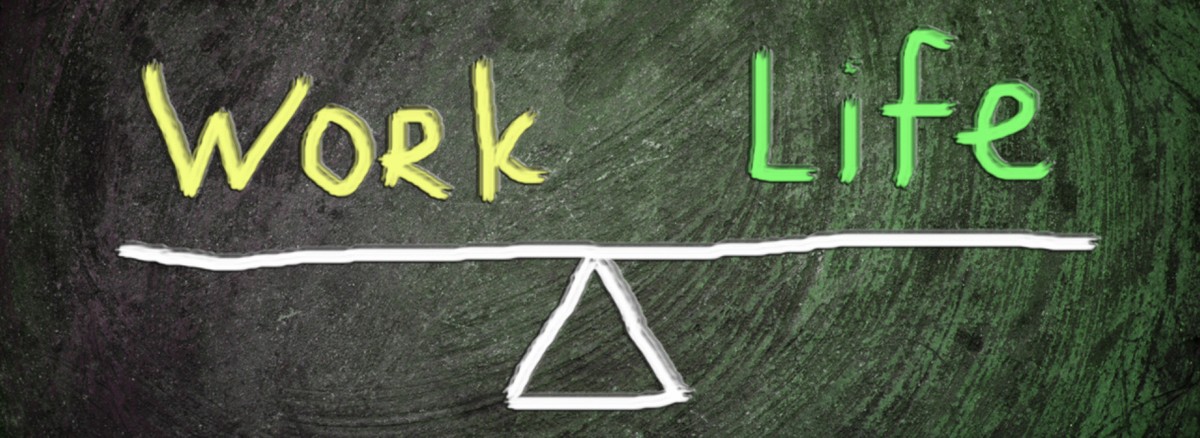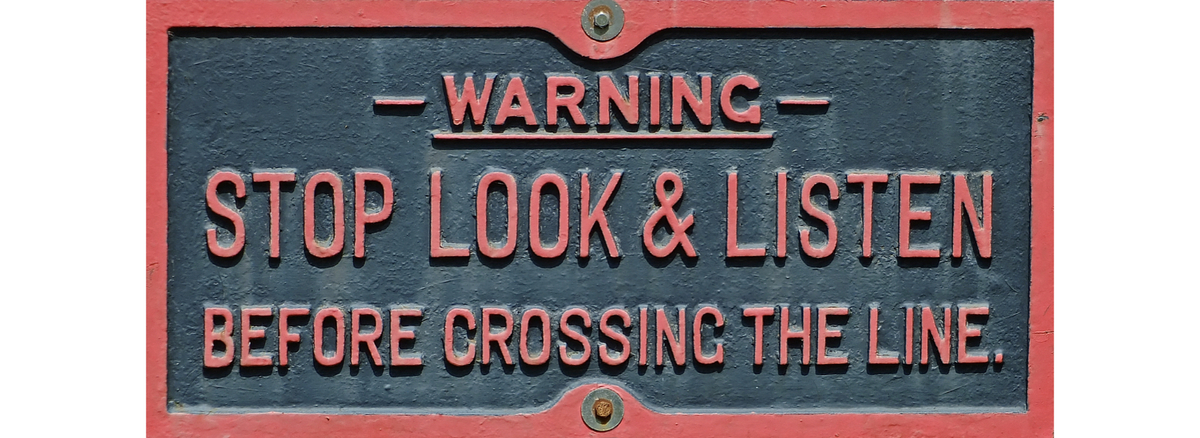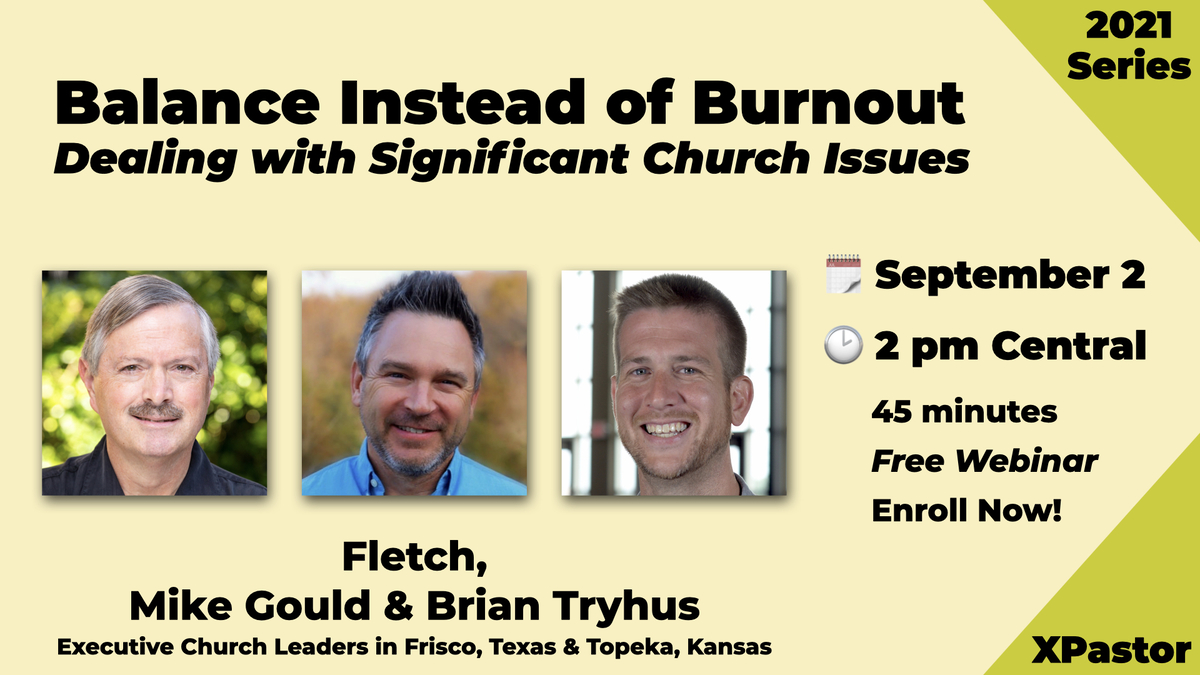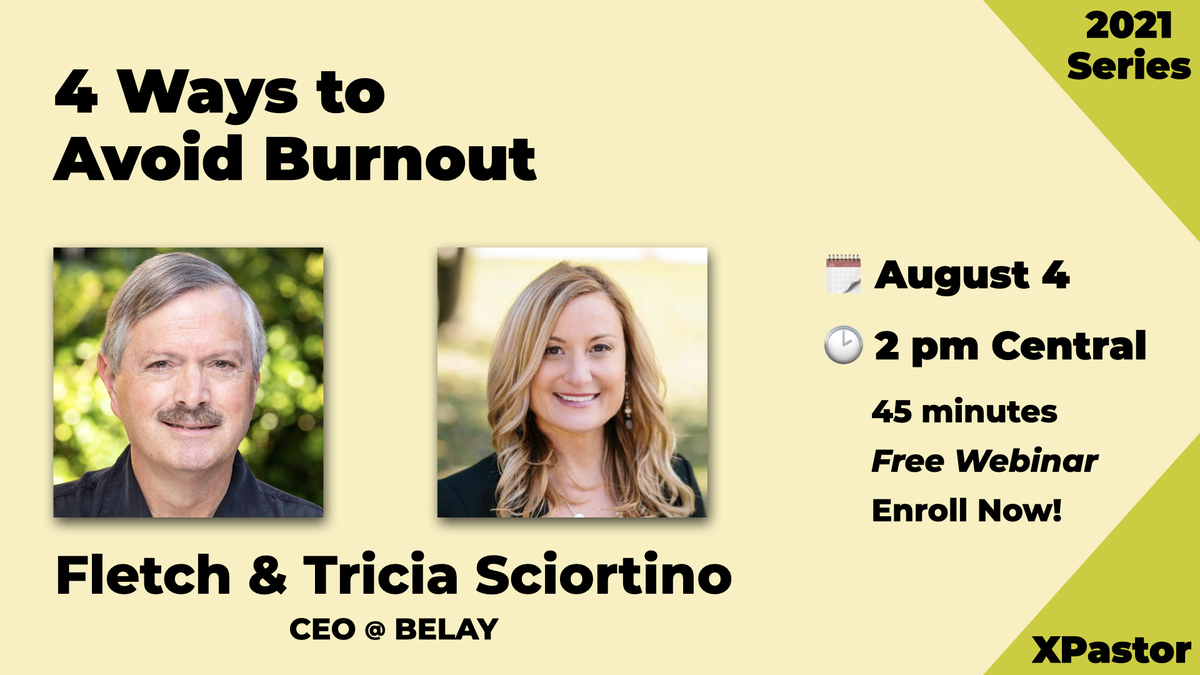Some personality types, like mine, simply love taking on a challenge and taking on responsibility. It comes naturally, especially for leaders. Taking responsibility is a good virtue and it is celebrated in every sphere of life. Holding this in good esteem, I am going to burst your bubble: There is a dark side to taking on responsibility that needs to be addressed when dealing with burnout and boundaries.
When you take on responsibility and ownership of something, it is wise to clarify what is your job, your responsibility, and what is not. Taking on responsibilities and piling up undelegated responsibilities onto your shoulders—responsibilities that are not yours—will lead to burnout. This is true for your professional career, even if you are an entrepreneur and very much applicable in your personal life.
When you look at your life, you are responsible for your body, soul, and spirit. You cannot live without the Holy Spirit; you need to remain in God’s presence. You are therefore responsible for your relationship with God. You are also responsible for taking care of your emotions and body. You are also responsible for the commitments you make. For example, if you made a commitment before God to marry, you have a responsibility towards your spouse to love, serve, cherish, respect, and provide. If you choose to have children, you have a responsibility towards them to love, protect, care and train them up in God’s ways.
Your Primary Responsibilities
- Your relationship with God and being continually filled with His Spirit.
- Your household—spouse, marriage and kids.
- Yourself—taking care of your body and soul.
These three areas are like thin-glass balls you juggle. You cannot afford to drop them.
Your business, career, ministry, friends, DIY projects, family, hobbies, long admin-to-do-lists and any other responsibilities are like rubber balls. If you let them fall they will most probably bounce back.
If you neglect your glass-balls—your relationship with God, your household and yourself—life will take stressful and painful turns. Obviously, you want to avoid neglecting those at all costs.
You are also not responsible for other people’s problems and emotions. People with a mercy gift struggle with this a lot. Nowhere in the Bible does it say that you have a role to play as a fixer. You cannot fix, change or heal people. You cannot make and force people to execute the things they need to do to avoid tragedy.
Every person must take responsibility for his or her own walk in life. Many people who are in a supporting role struggle with what I call a Mother Theresa Syndrome. Please do not get me wrong. I do not mean this in a disrespectful way. Jesus is the answer to people’s problems—we are not. God may choose you as a humble vessel to be His hands, feet, heart, and mouth. But it is ultimately Him that does the healing and deliverance and change. It’s not your responsibility.
At the end of your life, you are going to stand before God and give an account of your life, not Mary’s or Johnny’s or your Dad’s.
Caretakers
Almost all people are in some kind of caretaker role, whether that is with your employees, spouse, children, parents, or your team at work. Each role is different and for this reason, you need to ask yourself, “What are the boundaries of my responsibilities and what are the boundaries of their responsibilities?” If you take on your teen’s responsibilities, for instance, you disable them from learning to take responsibility for themselves and to learn new skills.
Children coming from divorced homes many times take on the responsibilities of the missing parent. My parents divorced when I was ten years old. Living with my mother at that time, I took upon myself the role of the missing husband. I became the shoulder of many tears—the counselor and comforter. I was the last one going to bed at night, making sure all the doors in the house were locked. I took it upon myself to protect and even to partially provide later on. No one gave me that responsibility; I took it upon myself.
Did it do me good? No, not at all. I grew up too early, not fully enjoying the benefits of just being a kid in a safe environment. This pattern triggered many other areas in my life where I took on responsibilities that were not mine, which led to stress and burnout. I had to learn the hard way of setting boundaries, taking on rightful responsibilities, delegating effectively and taking care of myself.
A Biblical Way
What about the command in Galatians 6 that says we need to carry each other’s burdens? This almost sounds like contradicting everything I have said in so far. Looking at this one verse out of context is dangerous. Let’s look at the Scripture before and after this verse:
Brothers, if anyone is caught in any sin, you who are spiritual [that is, you who are responsive to the guidance of the Spirit] are to restore such a person in a spirit of gentleness [not with a sense of superiority or self-righteousness], keeping a watchful eye on yourself, so that you are not tempted as well. Carry one another’s burdens and in this way you will fulfill the requirements of the law of Christ [that is, the law of Christian love]. For if anyone thinks he is something [special] when [in fact] he is nothing [special except in his own eyes], he deceives himself. But each one must carefully scrutinize his own work [examining his actions, attitudes, and behavior], and then he can have the personal satisfaction and inner joy of doing something commendable without comparing himself to another. For every person will have to bear [with patience] his own burden [of faults and shortcomings for which he alone is responsible]. Galatians 6:1-5 AMP
Some of the verses sounds contradictory. Let’s look at this in another translation:
Bear one another’s burdens, and so fulfill the law of Christ. For each one shall bear his own load. (Galatians 6:2,5 NKJV)
- The word for burden in verse 2 and 5 is two different Greek words—βάρη and φορτίον. In verse 2 Paul urges sympathy. In verse 5, he refers to taking responsibility for ourselves.
- The word carry in verse 2 is translated as to bear a burden, to endure—out of love for those we take care off. See more one chapter earlier, Galatians 5:14.
- The context of this Scripture has to do with the burden and weight of sin, as well as the burden of temptations. God is encouraging us to have patience and sympathy and to help restore in love.
- The context is carrying a burden with someone, not for someone. That is why verse 5 says, each person shall bear his own load, or burden—in other words, his own responsibility. To help, carry, bear and endure out of Christ-like love is a given command. The help and support we give to those who sin and to those who have a lot of burdens must always be done in a way that you do not take their responsibility away from them.
The moment we take on other people’s responsibility, we become their rescuer, their savior. We place ourselves at the center and people look to us and not to God for help, healing, provision and deliverance. Our love and support must always point to Scripture and to Jesus.
The best way to set a healthy boundary is to empower someone to solve their own problems. The best way to encourage them how to do that is to help them find their refuge in God.
In Matthew 22:39, Jesus teaches us to love our neighbor as we love ourselves. We therefore have to love ourselves, taking care of ourselves and love our neighbor to the same extent. Yes, we must support others; cry with them; pray for and with them; offer practical help as seen in Acts 2; encourage and lift other’s arms up in times when they are weak, but not at the cost of ourselves and our own relationships and our own primary responsibilities. For example, a congregational pastor’s primary role and responsibility is towards his wife and kids and secondary towards his congregation.
Conclusion
Being at the one tip of the scale, loving and caring only for yourself and your needs and setting boundaries in a way that cuts people out of your life, is, simply put, narcissistic.
Being at the other tip of the scale, however—to have no boundaries in the name of love, piling up your own burdens and others’ responsibilities onto your shoulders, exhausting yourself to the point of burnout—is not good either.
Where are you on this scale?











